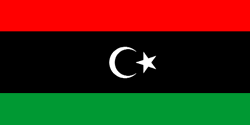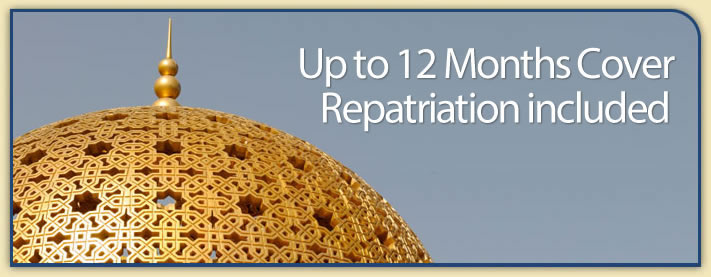Country Guide • Libya

Libya is located along the Mediterranean coast of North Africa. It is bound by Tunisia to the north west, Algeria to the west, Niger to the south west, Chad to the south, Sudan to the south east, Egypt to the east and the Mediterranean Sea to the north.
| Official Name | Socialist People's Libyan Arab Jamahiriyah |
|---|---|
| Area | 1,759,540km² (679,362mile²) |
| Population | 5,500,000 |
| Continent | Africa |
| Population per mile² | 8 |
| Capital City | Tripoli |
| Religions | The official religion is Islam: 97% Sunni Muslims, 1% Jews and Christians |
| Language | Arabic, although there are various dialects used |
| Government | In flux |
| Currency | Libyan Dinar |
| GDP | $41 billion |
| GDP per Head | $7,600 |
| Natural Resources | Gypsum, petroleum and natural gas |
| Land Use | Arable Land 1% |
| Agriculture | Barley, wheat, olives, dates, citrus, vegetables, peanuts, soybeans& cattle |
| Industry | Oil and Gas Production and Refining, food processing, textiles, handicrafts, and cement |
| Tourism | Much of Libya is the Sahara desert, but on the North coast it is very Mediterranean. Plenty of sand dunes and opportunities for camel rides. There are also ancient Greek and Roman ruins to look for |
| Natural Hazards | Hot, dry, dust-laden ghibli is a southern wind lasting one to four days in spring and fall; dust storms, sandstorms |
| Health Risks | Small risk of malaria, diphtheria, typhoid, rabies and hepatitis |
| Climate | Libya has two climatic zones, a Mediterranean zone along the coast and the northern areas which is generally characterised by warm dry summers with cold winters and a variable rainfall up to 24 inches between October and March, and secondly a hot and dry desert climate in the south with rainfall seldom exceeding 19 inches annually. The prevailing winds are from the north and east between May and October as well as the north and west between November and April. Average temperature ranges in Tripoli are from 8 to 16°C in January to 22 to 30°C in August |
| Time | GMT/UTC+2 hours |
| National Days | 2 March - Declaration of the People's Authority Day, 11 June - Evacuation Day, 1 September - Revolution Day |
| Visas | Everyone should obtain a visa before travelling to Libya. For further information on entry requirements, visitors are advised to check with the Libyan Diplomatic Representation |
| British Embassy | Embassy Details |
Information Only
The content above is for information purposes only and we have tried to ensure that the information is as accurate as possible. We cannot accept any responsibility for any inconvenience, loss or injury as a result of the information above. You should always check and verify any critical information like visas, health and safety and customs with the relevant authorities before you travel since information can change at any time.



